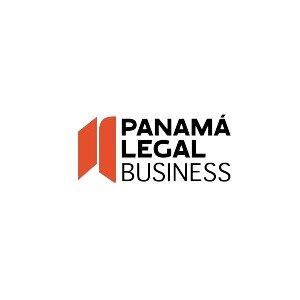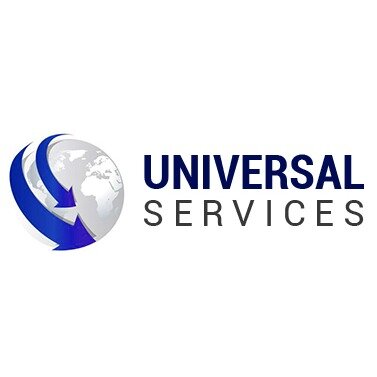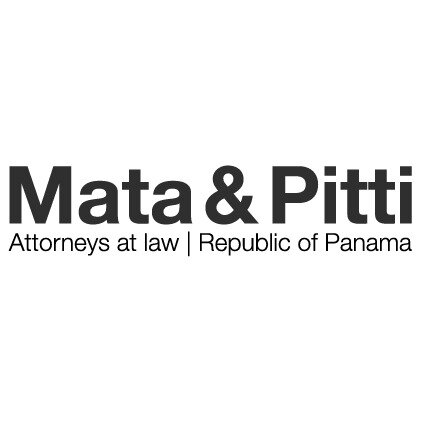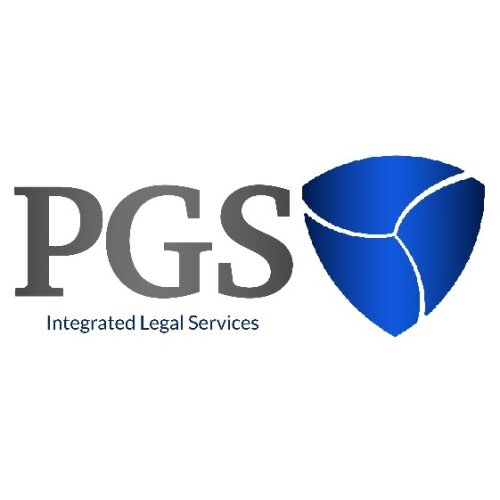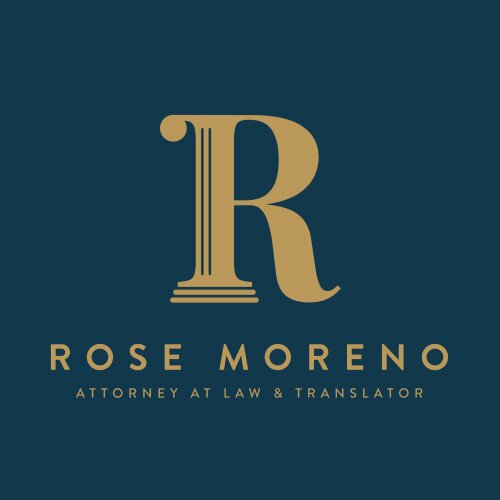Best Nonprofit & Charitable Organizations Lawyers in Panama
Share your needs with us, get contacted by law firms.
Free. Takes 2 min.
Or refine your search by selecting a city:
List of the best lawyers in Panama
About Nonprofit & Charitable Organizations Law in Panama
Nonprofit and charitable organizations in Panama operate under a legal framework that allows for the establishment and regulation of entities dedicated to social, charitable, educational, and religious purposes. These organizations are typically registered as Foundations ("Fundaciones") or Associations. Panama offers several incentives and benefits for nonprofit entities, such as tax exemptions and special legal protections, encouraging the development of a vibrant sector focused on philanthropic and community-based initiatives. However, navigating the legal requirements can be complex, requiring an understanding of both the domestic legislation and international compliance where applicable.
Why You May Need a Lawyer
There are numerous scenarios in which individuals or groups may require legal assistance regarding nonprofit and charitable organizations in Panama:
- Formation and Registration: Legal guidance is often necessary to ensure the proper formation and registration of a nonprofit entity, including drafting articles of incorporation and bylaws.
- Tax-Exempt Status: Expert advice is needed to apply for and maintain tax-exempt status under Panamanian law, which can involve complex legal documentation and representation.
- Compliance and Regulation: Ongoing legal assistance ensures compliance with local and international regulations, including financial reporting and governance standards.
- Contractual Agreements: Lawyers assist in drafting and reviewing contracts, be it for fundraising activities, service provision, or collaborations.
- Litigation and Disputes: Legal representation may be essential in the event of disputes or legal challenges relating to governance, donor agreements, or asset management.
- International Operations: If a nonprofit aims to operate internationally, legal advice helps navigate foreign legal requirements and treaties.
Local Laws Overview
Operating a nonprofit organization in Panama involves multiple layers of legal considerations:
- Registration Requirements: Nonprofits must register with local government authorities, providing detailed documentation outlining their objectives and organizational structure.
- Supervision and Control: Panamanian law mandates regular reporting to government bodies to ensure accountability and transparency in operations.
- Governance Standards: Organizations need to adhere to strict governance models, including trustee/board member responsibilities and auditing controls.
- Financial Reporting: Nonprofits are required to submit annual financial reports and may be audited by government officials.
- Tax Benefits: Qualifying organizations can benefit from tax exemptions, provided they comply with specific guidelines laid out by tax authorities.
Frequently Asked Questions
1. What types of nonprofit entities can one establish in Panama?
In Panama, the primary types of nonprofit entities that one can establish are Foundations and Associations, each with unique characteristics and legal requirements.
2. How long does it take to register a nonprofit organization in Panama?
The registration process typically takes a few months, depending on the complexity of the organization and the completeness of the submitted documentation.
3. What are the initial costs involved in setting up a nonprofit in Panama?
Costs include registration fees, legal consultancy fees, and potential fees related to auditing and documentation preparation.
4. Are there ongoing compliance requirements for nonprofits in Panama?
Yes, nonprofits in Panama must adhere to ongoing compliance requirements, including annual financial reporting and periodic filings with regulatory authorities.
5. Can a foreigner be a director of a Panamanian nonprofit?
Yes, foreigners can serve as directors on the board of a Panamanian nonprofit, although certain roles may require residency compliance.
6. Are there tax benefits for donors to Panamanian nonprofits?
Donors may benefit from tax deductions for contributions made to qualified Panamanian nonprofit organizations.
7. What is the role of the board in a Panamanian nonprofit?
The board is responsible for governance, ensuring fiscal responsibility, strategic direction, and adherence to mission objectives.
8. How can a nonprofit organization dissolve in Panama?
Dissolution involves legal procedures that ensure the proper distribution of remaining assets and settlement of liabilities, often requiring legal assistance.
9. Are there restrictions on activities for nonprofits in Panama?
Nonprofits must operate within the objectives stated in their charter and are restricted from engaging in profit-distributing businesses.
10. What record-keeping practices should nonprofits maintain?
Nonprofits must maintain detailed records of financial transactions, meeting minutes, and organizational decisions for legal compliance and transparency.
Additional Resources
For further assistance, you may contact the following resources:
- Panama’s Public Registry: Governs the registration of non-profit entities.
- Ministry of Economy and Finance: Provides guidelines on tax matters for donations and non-profit operations.
- Local Law Firms: Specialize in nonprofit law to provide legal representation and advisory services.
- Panamanian Bar Association: Can refer legal practitioners specialized in nonprofit and charitable organization law.
Next Steps
If you are considering establishing or require assistance with an existing nonprofit in Panama, here are some steps to follow:
- Consult with a lawyer to assess your needs and understand the legal requirements for your specific situation.
- Ensure you have all necessary documentation and information before initiating the process of registration or compliance audit.
- Set up an initial meeting with relevant legal professionals or governmental bodies to clarify any concerns or questions.
- Engage ongoing legal assistance for compliance management, ensuring that your organization adheres to local and international regulations.
Lawzana helps you find the best lawyers and law firms in Panama through a curated and pre-screened list of qualified legal professionals. Our platform offers rankings and detailed profiles of attorneys and law firms, allowing you to compare based on practice areas, including Nonprofit & Charitable Organizations, experience, and client feedback.
Each profile includes a description of the firm's areas of practice, client reviews, team members and partners, year of establishment, spoken languages, office locations, contact information, social media presence, and any published articles or resources. Most firms on our platform speak English and are experienced in both local and international legal matters.
Get a quote from top-rated law firms in Panama — quickly, securely, and without unnecessary hassle.
Disclaimer:
The information provided on this page is for general informational purposes only and does not constitute legal advice. While we strive to ensure the accuracy and relevance of the content, legal information may change over time, and interpretations of the law can vary. You should always consult with a qualified legal professional for advice specific to your situation.
We disclaim all liability for actions taken or not taken based on the content of this page. If you believe any information is incorrect or outdated, please contact us, and we will review and update it where appropriate.
Browse nonprofit & charitable organizations law firms by city in Panama
Refine your search by selecting a city.



